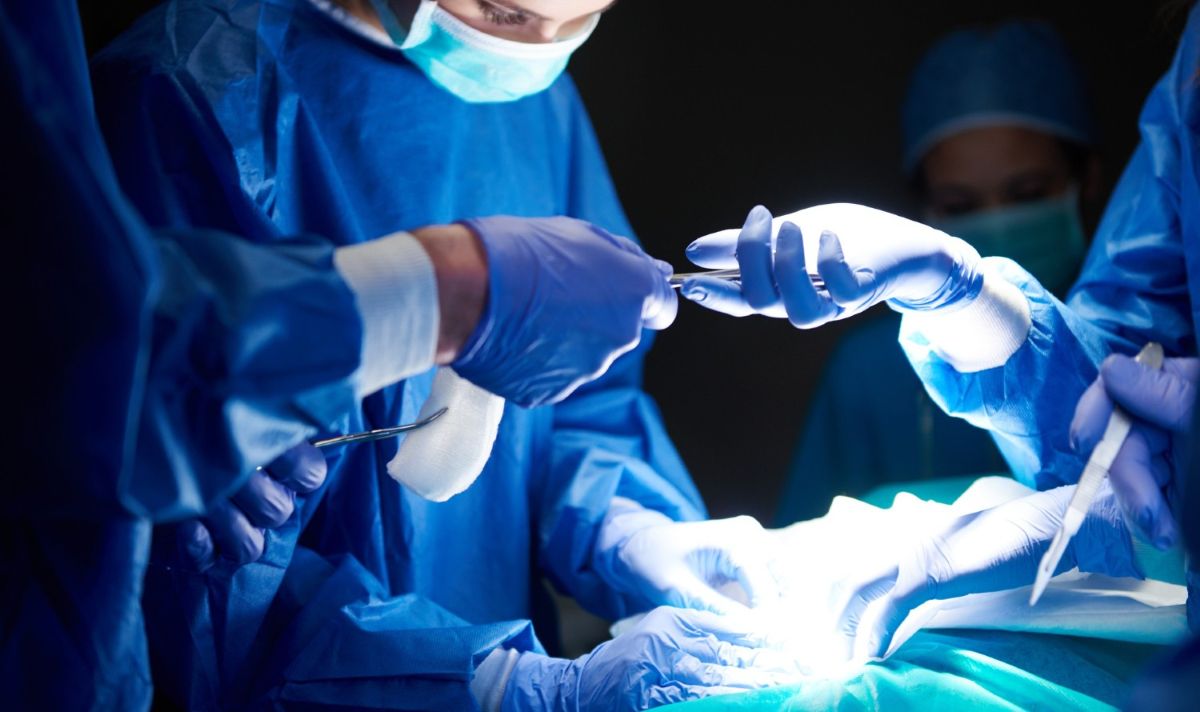
A bone marrow transplant (BMT) is a procedure that can save lives, used to address different forms of blood cancers such as leukemia and lymphoma, as well as some non-cancerous issues like aplastic anemia. The transplant itself is a significant medical event, but the recovery process extends far beyond the confines of the hospital. After a BMT, proper nutrition and lifestyle choices are vital for regaining strength, reducing complications, and enhancing quality of life.
This guide examines essential BMT diet strategies, lifestyle modifications, and precautions that facilitate the best possible recovery after a bone marrow transplant.
The immune system is compromised for several months or up to a year after a BMT, depending on the type of transplant (autologous or allogeneic) and the patient's response. At this time, the body is particularly susceptible to:
Thus, changes in nutrition and lifestyle are not merely supportive measures; they serve a therapeutic purpose.
Post bone marrow transplant, the body requires targeted nutritional support to regain strength, enhance immunity, and aid healing. In order to effectively cope with post-treatment side effects and meet heightened metabolic demands, it is crucial to establish clear BMT diet objectives.
Nausea, diarrhea, mucositis, or alterations in taste can result from post-transplant medications. Adjust your BMT diet to be mild and calming:
To minimize the risk of foodborne illness, patients are recommended to adhere to a neutropenic diet during the initial months after transplantation. Essential principles comprise:
To determine when you can move out of the neutropenic diet phase, consult a clinical dietitian.
|
Meal |
Foods |
|---|---|
|
Breakfast |
Scrambled eggs, soft cooked oatmeal with banana, pasteurized milk |
|
Snack |
Yogurt (pasteurized), toast with peanut butter |
|
Lunch |
Steamed rice, well-cooked chicken, soft carrots, applesauce |
|
Snack |
Homemade smoothie with boiled fruits |
|
Dinner |
Mashed potatoes, grilled fish (fully cooked), boiled peas |
|
Hydration |
Water, coconut water (boiled), herbal teas |
Recovery encompasses more than just nutrition; it involves cultivating a lifestyle that promotes healing, emotional health, and lasting well-being.
Initially, physical activity may seem difficult because of tiredness, lack of strength, or low blood counts. However, light activity is crucial for:
If the immune system is impaired, hygiene becomes essential:
Certain drugs can induce photosensitivity. Some medications can cause photosensitivity. Also, GVHD can affect the skin. Use:
A BMT and the post-transplant phase can take a considerable psychological toll:
When you move into the long-term recovery phase (6–12 months and beyond), the focus shifts to:
Before adding supplements or probiotics to your routine, always check with your transplant team.
|
Challenge |
Suggestions |
|---|---|
|
Loss of appetite |
Eat small frequent meals, use calorie-rich smoothies |
|
Taste changes |
Experiment with herbs, citrus, or chilled foods |
|
Mucositis or mouth sores |
Avoid spicy, acidic, or crunchy foods; use soft purees |
|
Nausea |
Ginger tea, eating slowly, avoid strong smells |
|
Constipation (from pain meds) |
High-fiber cooked foods, water, prune juice |
Complications can still arise, even with optimal BMT diet and lifestyle choices. If you encounter the following, reach out to your physician or dietitian:
Related: Risks and Complications of Bone Marrow Transplants
Post-bone marrow transplant recovery hinges on a sensitive equilibrium of medical treatment, nutritional intake, and lifestyle assistance. It is crucial to adopt a personalized approach that caters to the evolving needs of your body throughout time. You can take an active role in your healing journey by making mindful diet after bone marrow transplant choices, adhering to hygiene protocols, participating in gentle exercise, and tending to your mental well-being.
Our multidisciplinary transplant team at L H Hiranandani Hospital is dedicated to delivering thorough care before, during, and after your bone marrow transplant. We assist patients in navigating their recovery journey with assurance and compassion through individualized nutritional guidance, state-of-the-art infection control measures, and empathetic rehabilitation assistance.
Your health and recovery are our primary concerns throughout the entire process.
Depending on the recovery of the immune system, most patients are recommended to adhere to a neutropenic diet for approximately 3 to 6 months after transplantation. Before reintroducing raw or unpasteurized foods, always consult with your transplant team.
Within weeks of recovery, one can usually start light activities such as walking, but the intensity should be ramped up gradually and under medical supervision. Until your immune system stabilizes, steer clear of strenuous exercise and public gyms.
Only use supplements if your doctor or dietitian has prescribed them. Vitamins that don’t require a prescription might interfere with medications or exacerbate conditions such as GVHD.